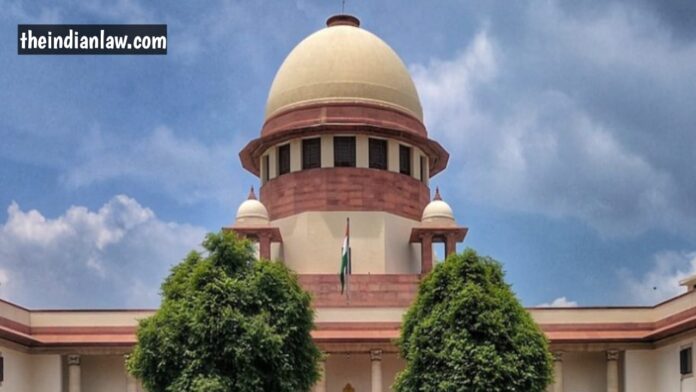🔹 Key Highlights
- The Supreme Court of India has reiterated that Section 5 of the Limitation Act, 1963 allows a court to condone delay in filing an appeal or application only if sufficient cause is shown for the delay.
- The Court emphasized that the applicant must satisfactorily explain the entire period of delay — from the day the limitation period starts till the actual date of filing.
- It clarified that merely providing a vague or partial explanation for some part of the delay is not enough to seek condonation under Section 5.
🔹 Background
- Section 5 of the Limitation Act enables courts to admit an appeal or application after the prescribed period if the applicant satisfies the court that there was sufficient cause for not filing it within time.
- However, this provision is an exception, not the rule, and cannot be used as a tool to revive stale or negligent claims.
- The Court noted that liberal interpretation does not mean accepting casual or unsubstantiated excuses. The litigant must show continuous diligence and explain why each period of delay occurred.
🔹 Observations by the Court
- Duty on applicant: The burden lies on the applicant to explain the delay day by day or at least satisfactorily cover the whole span of delay.
- No benefit from own negligence: A party cannot claim benefit of Section 5 if the delay occurred due to inaction, negligence, or lack of bona fides.
- Judicial discretion: While courts may adopt a liberal approach in genuine cases, judicial discretion must be exercised judiciously and not arbitrarily.
🔹 Significance of the Ruling
- This ruling reinforces the need for litigants to be vigilant and diligent in pursuing legal remedies.
- It discourages frivolous and belated litigation, which clogs the judicial system and causes injustice to the opposite party.
- It clarifies the principle that condonation of delay is not automatic and is granted only when “sufficient cause” is convincingly demonstrated for the entire period of delay.
📌 Conclusion
The Supreme Court’s decision serves as a clear reminder that procrastination or negligence cannot be condoned under Section 5 of the Limitation Act. Litigants must be prepared to justify every day of delay to avail the benefit of condonation. This ensures fairness, discipline, and finality in the judicial process.


